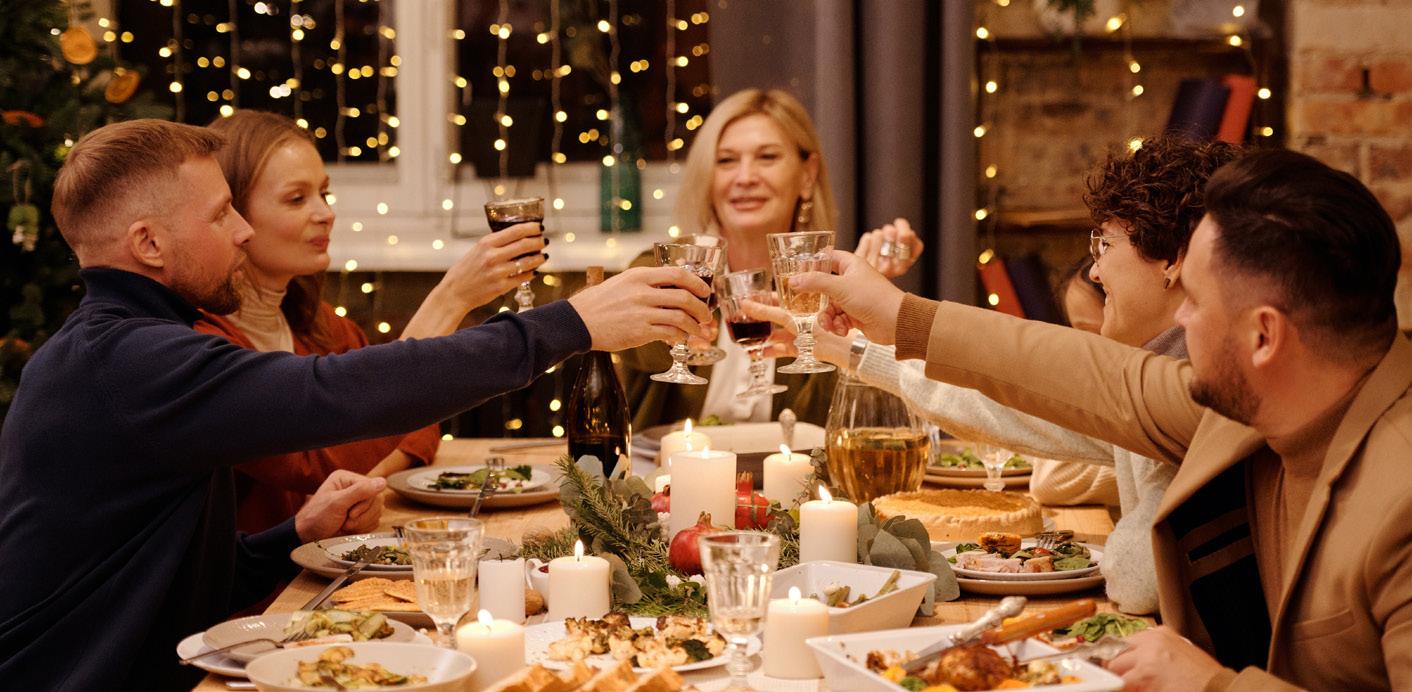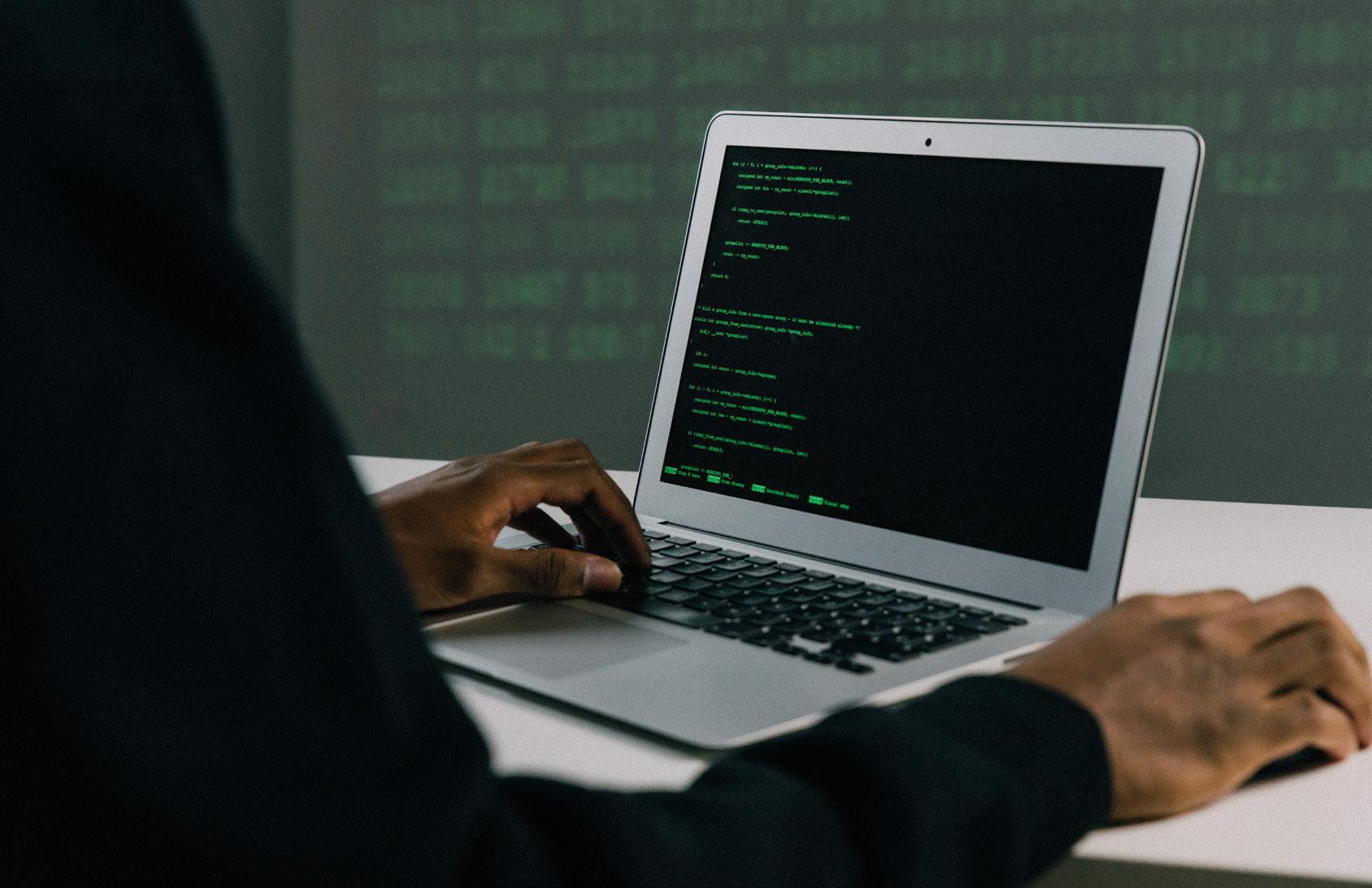LGE FOCUS BY JESSIE TAYLOR
LOCAL GOVERNMENT ELECTIONS
Multiparty democracy opens up municipalities to coalitions SHAKING UP THE MUNICIPAL GOVERNANCE LANDSCAPE The Local Government Elections, which took place on 1 November, has seen a shakeup in the municipal governance landscape. With low voter turnout, the leading parties have seen an overall decrease in votes in favour of smaller parties, and almost a third of all municipalities did not see one party receive a majority vote. Out of 213 councils across the province, 68 councils are hung councils. A hung council is one where no single party has the majority of seats. This results in the parties with the most votes or seats as the key decision-makers and requires parties to form a coalition municipality. Even if a political party has the largest number of votes or seats, it will not automatically become the governing party. This only happens when a party secures a majority of 50% plus one. When no party wins a majority of seats
in a municipal council, the largest political parties in the council usually attempt to form a formal coalition with other parties to secure a majority. However, parties with fewer votes may still form a ruling coalition to make up a majority. Coastal provinces saw the highest number of hung councils. KwaZuluNatal has the highest number of hung councils at 21, including in the metro of eThekweni. The Western Cape has 16 hung councils, and there are three hung councils in both the Northern Cape and the Eastern Cape (including in Nelson Mandela Bay metro). In the inland provinces, Limpopo has two hung councils, Mpumalanga three, Gauteng six, North West three, and Free State four. While hung councils may create challenges in putting together political coalitions, they speak to the health of South Africa’s democracy, said President Cyril Ramaphosa.
14 | Public Sector Leaders | November 2021
“In the run-up to election day, we have seen images of parties and candidates everywhere, on billboards, on street posters and on social media, all making a case for why they should get our vote. This is a sign that multiparty politics is flourishing in South Africa and that everyone has an equal chance and opportunity to run for public office,” said President Ramaphosa. “This enriches us in many ways. It advances openness and transparency. It affirms that we are a diverse and tolerant society. It affirms the principle that leaders must be chosen by the people and be accountable to the people.” The 2021 elections saw low voter turnout at a record low across the country. Of the more than 26 million registered voters, only just over 12 million cast votes on election day, putting voter turnout at a mere 46%. In the last local government elections



















